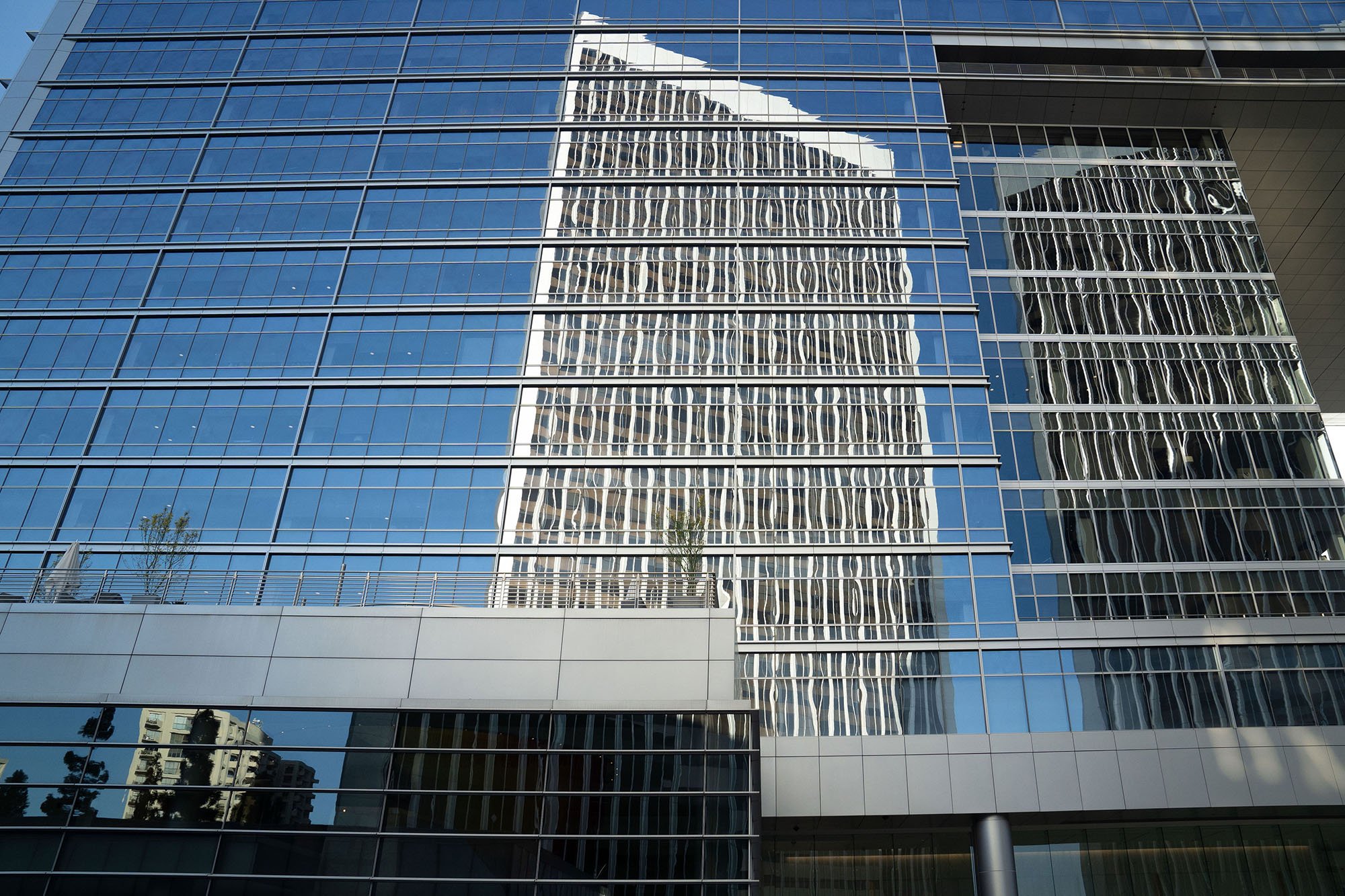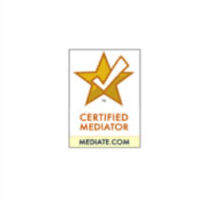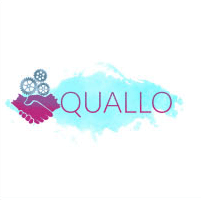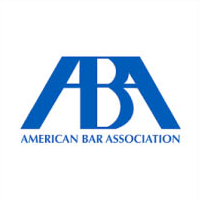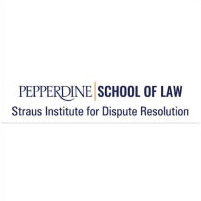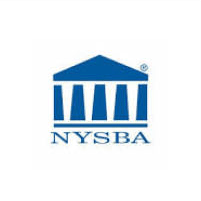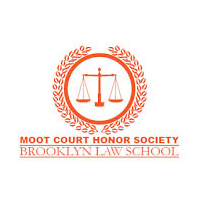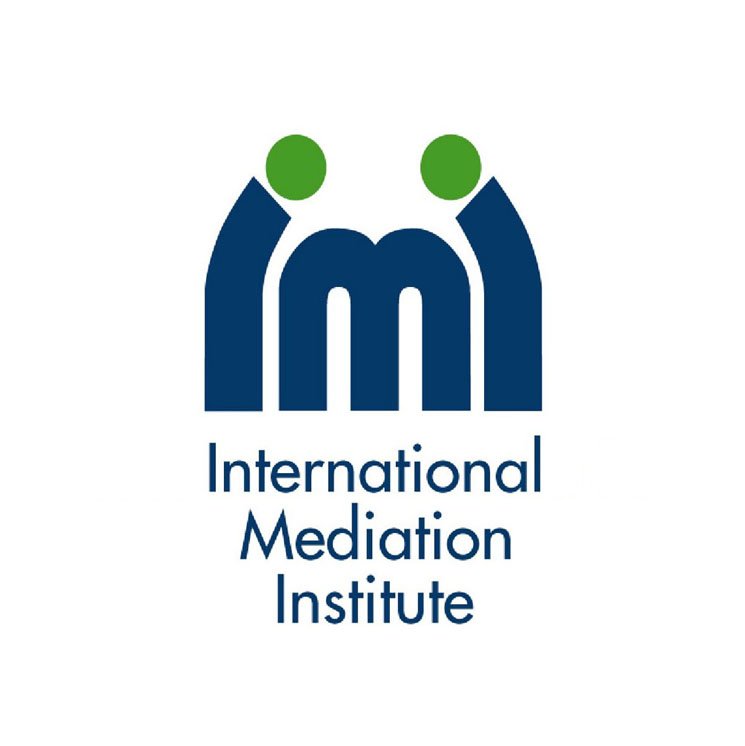
Services
“To me, a neutral is not passive. I am a “neutral advocate”. While you hire me to build rapport & communication to accomplish your settlement, I am “multi-partial”, gently advocating for each side’s position.”
Alternative Dispute Resolution (ADR)
ADR gives participants the opportunity to work through disputed issues, assisted by an independent trained third party (“neutral”). Generally whichever ADR process you choose to use, it will be faster and less expensive than going to court.
Save a great deal of time
ADR can be accomplished in days, weeks, or months – compared to the years it takes for matters to wind their way through the court system.
Save a great deal of money
Including continuing fees for lawyers and experts, and work time lost.
Keep the participants in control of the situation
Instead of the lawyers or the court being “in control”, ADR gives participants an opportunity to tell their side of the story and have an impactful say in the final decision.
Focus on the Issues
The matter does not get caught up in “legal niceties”, obscure or convoluted interpretations and instead, focuses on the issues that are important to the participants (not just their respective legal rights and obligations).
Preserve relationships
Settlements and decisions can help people cooperate instead of creating one winner and one loser. Flexible and creative solutions can be explored and achieved, based on what each participant really wants to achieve and why.
Produce good results, (settlement rates of up to 85%+)
Through the proper choice and use of ADR, parties can:
Reduce stress from court appearances, time and cost
Private disputes are kept private
Only those who are invited can attend, unlike in court, where the proceedings are usually on the public record and others, including the media, can attend.
Obtain more flexible remedies than court
Agreements can be entered into that would be impractical or impossible for a court to enforce or order (for example, a change in the policy or practice of a business).
Obtain a degree of true satisfaction
By being integrated in the process and not just being at the mercy of it, participants can feel a true sense of accomplishment (reports reveal a high degree of satisfaction with ADR processes).
Access justice more affordably
People who cannot afford court or lawyer fees can still access a dispute resolution mechanism that is effective and works. While ADR is flexible and adaptable, it is still not necessarily the best way of ALL disputes. So, a measure of reasonable consideration must be taken before choosing ADR. For example, if the dispute involves a matter of public interest, it may be more appropriate to have a court judgment to set a precedent.
Where a binding agreement is made (for example through negotiations or use of ADR), parties normally give up the right to go back to court about the same matter. Similarly, an award made at arbitration is generally binding and cannot be appealed (except in limited circumstances).
Types of Alternative Dispute Resolution (“ADR”)
Mediation
Mediation is considered by most as far less stressful than litigation and can often resolve disputes within one day or less. Unless negotiated otherwise, costs of mediation are split between the Parties.
Mediation is an out-of-court process whereby a professionally trained mediator or “neutral” facilitates negotiations between two of more parties to help them end a dispute.
Mediations are voluntary and are held in private (or remotely via video calls).
The Mediator may often meet with each party privately (private caucus) and/or together, employing various means to explore and fashion a settlement of matters by and between the parties.
In a classic mediation setting, the Mediator does not impose a settlement or make any judgments whatsoever. No one is bound by any settlement unless an agreement is reached and signed by all parties.
The Mediator does not decide what is “fair” or “right” and does not assess blame or render an opinion on the merits or chances of success if the case were litigated (unless asked).
Rather, the mediator acts as a catalyst between opposing interests, attempting to bring them together by defining issues and illuminating obstacles to communication, while moderating and guiding the process to avoid confrontation and ill will.
Often times, the parties want to work and/or cooperate with each other on an on-going basis after the dispute is settled, and in such cases, settlements may be fashioned to support and keep such relationships intact; in other instances, “out-of-the-box solutions” may be found to allow for a settlement, always agreed to by and between the parties.
Most often, the settlement involves money, but often, settlements can incorporate monetary amounts as well as other inducements to settle.
Parties can be represented by lawyers, attend by themselves or bring a friend or family member.
Arbitration
Arbitration is an out-of-court method of resolving disputes whereby Parties select and refer their disputes to an Arbitrator (or a panel of arbitrators) who review(s) the evidence, listen(s) to the parties, and then makes a decision.
Classic arbitration allows for discovery and motions. It can be compared to a “private court”.
The Arbitrator(s) ultimately make the decision and it is then imposed upon the Parties.
Once chosen, the process of arbitration is final (sometimes certain exceptions apply) as is the decision of the Arbitrator(s) (again, exceptions on a case-by-case basis may apply).
Arbitration clauses (when included in a contracts) can be mandatory or voluntary, and the Arbitrator's decision may be binding or nonbinding. The parties must agree to that choice, whether by earlier contract or at the tie of the arbitration.
Parties are often represented by a lawyer and the process, while generally much shorter and less expensive than litigation, can often be protracted and far more costly than mediation.
Generally, unless specified otherwise, the costs of arbitration are borne by each Party.
Binding Mediation (aka “Med/Arb”)
When utilized in appropriate circumstances, Binding Mediation, increasingly recognized by both Courts and the public as a viable, useful alternative to Court, is a streamlined process that reduces costs, eliminates delays and purposefully provides a certain and final outcome (whether by settlement or decision) so that Parties may move forward with their work, their productivity and their lives.
Although not usually utilized in complex or “higher-priced” disputes, Binding Mediation is an incredibly flexible and adaptable process that can save thousands of dollars and tremendous time for the Parties.
It generally takes place over a two-day period - the first day for mediation and the second (if needed), for arbitration. The process does not allow for discovery or motions.
Binding Mediation, also known as Mediation-Arbitration, or “Med-Arb” allows the parties to participate in mediation first, and (generally) for a defined period of time, but if the Parties cannot reach a voluntary agreement, the ADR neutral then “changes roles” and becomes an Arbitrator and makes a decision that binds the Parties.
The Parties must contractually agree, in writing, to this process and waive other alternatives (including litigation).
The Binding Mediation process may be tailored to the circumstances existing between the Parties.
Matters of confidentiality, the role of the neutral (both as a Mediator and then as Arbitrator, notice, waivers and non-appeal would be explained and laid out in plain language in the agreement between the parties prior the process beginning.







